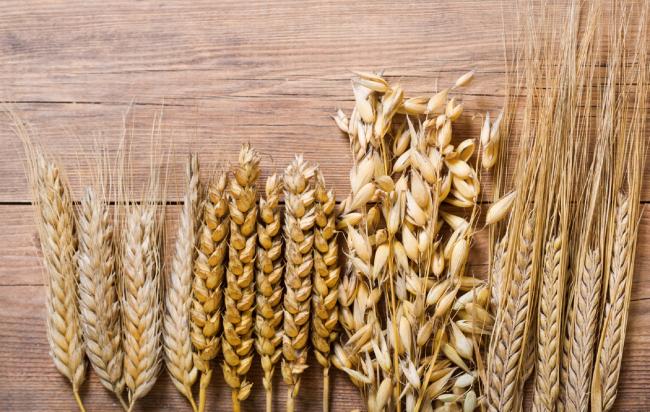Innovations in the Ancient Grains Supply Chain

The general objective of the POIGA project is to recover, characterize and enhance four old varieties of wheat grown in Campania (Saragolla, Marzellina, Romanella and Ianculedda).
To achieve this goal, the project involves the achievement of a series of intermediate results:
• Define and share a governance model.
• Morphological, genetic, technological and nutritional characterization of Plant Genetic Resources (PGR).
•Maintenance of genetic purity of the four PGR and seed production methods
• Validation of agronomic management protocols.
• Optimization of milling processes and characterization of semolina/flour.
• Analysis of the value chain and economic sustainability of the supply chain.
The Dipartiment of Low, Economy, Management e Quantitative methods (DEMM) will play the role of leader and will create a governance model. The identification and maintenance in purity of the old varieties, will be carried out by CREA-CI (coll. with ARCA 2010). The Department of Agriculture (DIA) will develop the agronomic management protocols (coll. with ARCA 2010) and the physo-chemical characterization of flours. The milling process will be optimized in collaboration with the two mills involved in the project. The economic area of the DIA will conduct the analysis of the value chain and the economic sustainability of the old wheat, while Slow Food Campania, will coordinate the dissemination activities.
New eating habits have increased consumer interest in healthy and sustainable food products. This led to the rediscovery of some typical food products such as semolina/flour obtained by milling "ancient" wheats. These typical foodstuffs could offer new socio-economic development opportunities to farms, linked to health well-being and environmental protection ("ancient" wheats are often grown following the principles of organic farming, without the use of chemicals).
Faced with these socio-economical potentials, there are a series of problems that could limit this possibility of development such as the lack of a well-structured supply chain model, able to move a part of the value chain towards the farmer, through a good genetic characterization of the genetic materials (i.e"ancient" varieties) and, the development of the seed sector to increase the production, supply and use of quality seeds.
The critical points highlighted expose the production of these ancient grains to a series of threats including the general preference to cultivate more productive wheats (i.e. modern varieties) inserted in a well-organized marketing system. In addition, the absence of specific supply chain certifications for the ancient varieties of wheat can lead to commercial fraud against consumers who often purchase products deriving from mixtures of modern grains generically referred to as "old" or "ancient" but without any guarantee.
Starting from this context, the POIGA project aims to limit the threats highlighted through a series of activities that allow cereal farms, operating in the internal areas of the Campania Region, to take advantage of the new opportunities offered by the growing demand for healthy and organic products, foods for which the consumer shows a greater willingness to pay.
The project includes the identification and selection of 4 “ancient” grains genotypes characterized by particular qualitative (proteins, gluten) and nutritional (fiber, polyphenols, carotenoids, microelements) features, that have to be kept pure and registered in the Regional Directory and/or National Register of Conservation Varieties. The seed will be provided to the farms that will request it to start a chain of “ancient” grains. The introduction of this material into the company’s rotations will enable cereal companies already engaged in this type of cultivation and those in conversion to diversify incomes and, through product differentiation, to seize new business opportunities. The POIGA will provide a format for the conclusion of formal agreements in order to ensure a fair distribution of the value created between producers and processors along with the protection of farmers from the high price volatility that, over the last decade, has characterized the market dynamics of the main agricultural commodities. The cultivation of “ancient” grains will also decrease production costs by reducing the number of cultivation operations and the use of plant protection products. Specifically, as for the latter issue, “ancient” grains, which do not require repeated administrations of pesticides and/or herbicides, improve environmental performance, reducing CO2 emissions into the atmosphere and preserving soil and water quality.
The project involves the introduction of product and process innovations for grain grinding. Specifically, grinding diagrams will be developed and applied by the two project partner mills (cylinder mill and stone mill) in order to produce different semolinas/flours with different degrees of sifting (0, 1, 2, whole wheat). Milling protocols will be able to preserve, especially for less refined products, the several antioxidants (phenolic acids, flavonoids, tocopherols) which have a positive effect on chronic diseases and cancer.
